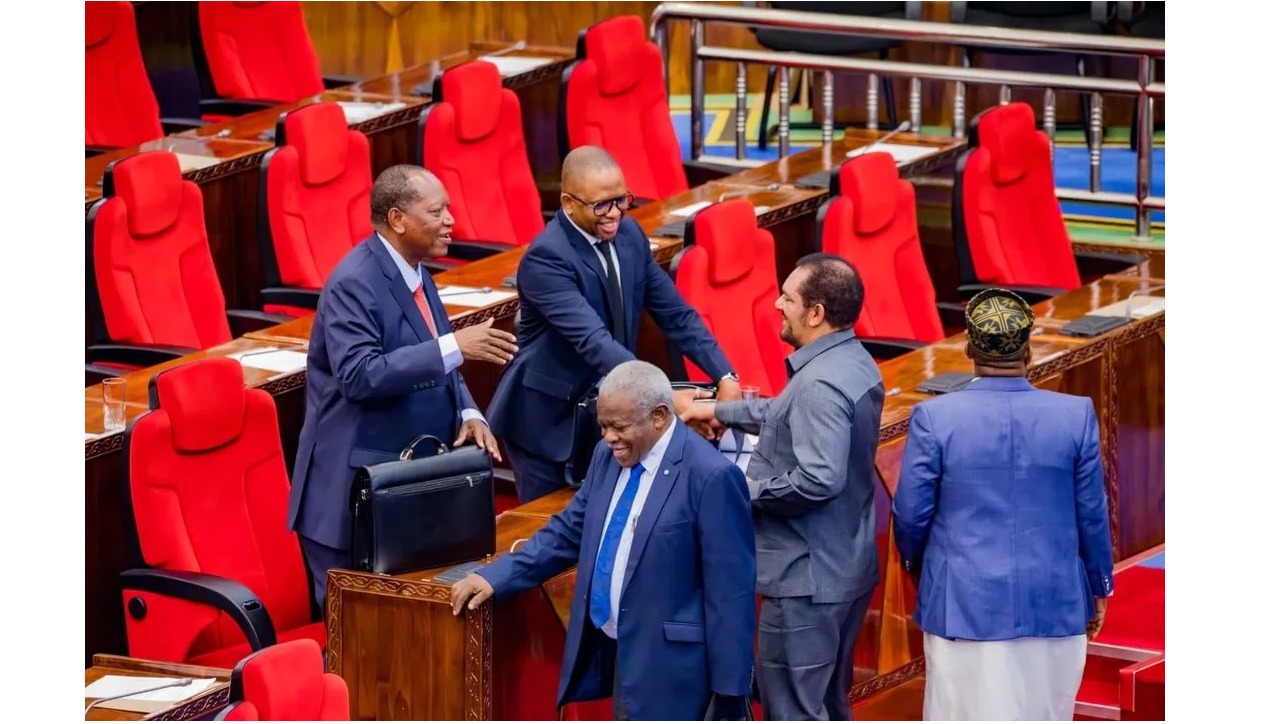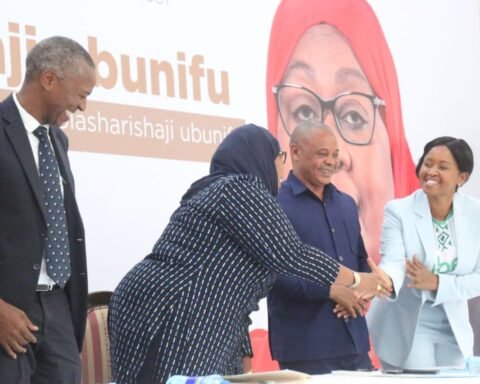On this Thursday afternoon, all eyes are on the Tanzanian Parliament in Dodoma as the government prepares to unveil its ambitious national budget and development blueprint for the financial year 2025/2026.
The session is marked by two major presentations: the national budget speech by Finance Minister Dr. Mwigulu Nchemba, and the economic status report and development strategy by Minister of State in the President’s Office for Planning and Investment, Professor Kitila Mkumbo.
Dr. Nchemba is scheduled to begin his speech at 10 a.m., where he will outline the government’s revenue and expenditure plans for the upcoming fiscal year. Preliminary estimates suggest the total budget will surpass TSh 57 trillion, representing a significant increase from the current fiscal year’s TSh 50.29 trillion. The growth is attributed to rising demands for public services and strategic infrastructure investment.
Meanwhile, Prof. Mkumbo has already taken the floor to deliver a detailed assessment of the nation’s economy in 2024 and the corresponding National Development Plan for 2025/26. His report highlights steady GDP growth, moderate inflation, and stable foreign reserves—factors indicating economic resilience despite global uncertainties.
“Our priorities remain firm—stimulate job creation, manage public debt, and support key sectors like health, education, and digital infrastructure,” Prof. Mkumbo noted as he presented the plan.
The 2025/26 budget is also expected to focus on supporting the upcoming general elections, scheduled for October 2025. Analysts believe this may increase government spending in areas such as logistics, security, and voter education.
Key elements of the budget include:
- A push to increase domestic revenue through reforms and digital systems.
- Investment in rural roads, water supply, and energy access.
- Expanded efforts in youth employment and entrepreneurship support, aligned with Vision 2025 goals.
- Measures to address the growing burden of public debt, which currently stands at TSh 91.7 trillion.
Economic observers note that Tanzania is walking a fine line between driving growth and avoiding over-indebtedness. The government’s strategy hinges on mobilizing internal revenue while leveraging concessional borrowing to finance long-term investments.
The business community and civil society are keen to see if the new budget will ease inflationary pressure and improve access to services such as healthcare and education, which have been under strain due to population growth and global commodity price shocks.
Parliament will debate the two documents throughout the day, with members expected to question allocations and seek assurances on fiscal discipline and transparency.
This dual budget and development presentation marks a pivotal moment in Tanzania’s path toward becoming a middle-income economy.







